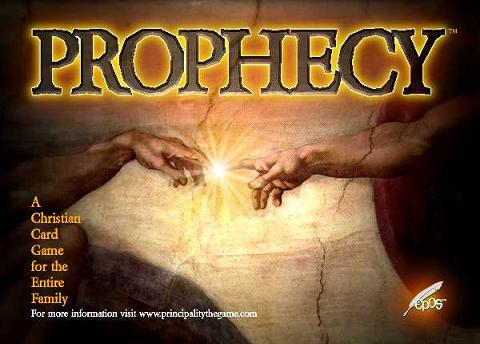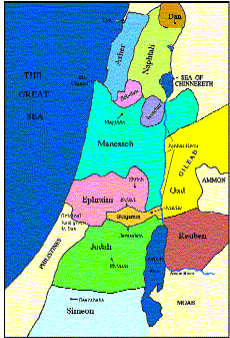Christian Zionism and the narrative of exile, restoration and the Gentiles. Pt 2

My previous post summarised the sort of narrative one confronts in much prophetic literature. It was, of course, a crude over simplification and missed out much, such as the significance of the tribulation which I ought to have mentioned.
When I first encountered these prophetic traditions and the narrative contained therein, I was tempted to make aspects of Jesus and his ministry, death and resurrection, and claims in the letters, cohere with specific points within this narrative. However, things are not so simple. While Jesus' death, in some respects, reflects the tribulation, he also prophesied the coming 'Great Tribulation' which was to overtake Jerusalem within one generation (Cf. Wright, Pitre etc.). Paul, likewise, could speak in tribulation-related language of a coming catastrophe across the entire Mediterranean world (Perriman), yet the Gentile mission had already begun – based precisely upon the prophetic narrative outlined in the previous post on this series.
Instead of a direct equation between aspects of this narrative and moments in the 'Christ event', what we have is the eschatological inauguration of this prophetic narrative in the life death and resurrection of Jesus (and in the life and ministry of his Apostles), with some aspects of the narrative starting when others have not ended. This prophetic narrative was nevertheless inaugurated. It had begun, and the entire structure of NT theology presupposes this fact.
Let me press the point. Whenever we celebrate communion and the new covenant in Christ's blood, we are saying that this prophetic tradition begun in Christ. Whenever we read in the New Testament of the 'new creation in Christ', or the giving of the spirit, or of the 'new heart' or about Paul's Gentile mission, or Christ's preaching of the arrival of the kingdom of God, and his 'gathering' of the Twelve, or even when we simply read the New Testament, we do so because this prophetic narrative has been inaugurated.
All of this has clear implications in the Christian Zionism debate. At the beginning of this series I defined Christian Zionism along the following lines: that it is the belief that the return of the Jews to the Holy Land, and the establishment of the State of Israel in 1948, is in accordance with Biblical prophecy.
What I have argued is that these prophesies were inaugurated not in 1948, but in the Christ-event. The crucial time for biblical prophecy is not 1948, but the first century. It is entirely irresponsible to ransack Jeremiah, Ezekiel, Isaiah or whoever, with the understanding that verses harvested from the chapters of these prophetic writings somehow confirm modern political events in a direct sense. To make such claims is to short circuit one of the fundamental narratives within Scripture and the justification for the very existence of the New Testament.
I don't think the above reasoning entirely excludes the notion that 1948 may in some sense be a faint reflection of the eschatological promises already inaugurated in Christ (but see below). Nor does it exclude the notion that the establishment of the state of Israel in 1948 was an act of God's grace. What is excluded is the Christian use of these OT prophetic writings as proof for these events as the fulfilment of biblical prophecy.
Especially when this 'return' led to the persecution of Christians, i.e. those who claim to be the result of the real messianic inauguration of these prophesies. Especially when the return was no return in a literal biblical sense, either (the twelve tribes - including the lost ten northern tribes, to their alotted land), which they claim it is (but cf. Jesus and the Twelve disciples). I.e. the Christian Zionist reading is not a literal reading over and against the 'christological' one. And one also wonders whether the establishment of the state of Israel in 1948 itself really coheres with the prophetic narrative, such as the ingathering of the Gentiles, the pouring out of the Spirit etc. Does the narrative trajectory understanding, of at least the Apostle Paul, support the CZ case at all? In light of Romans 4:13 ('For the promise that he would inherit the world did not come to Abraham or to his descendants through the law but through the righteousness of faith') one would be hard pressed to add the CZ addendum here without writing a most unusual closing chapter to the narrative as it has developed through Christ.
One of the realisations I have come to is that the NT hermeneutic is variegated. Many are as christological as I maintained in the previous posts in this series. To that one must now add the scope and significance of the prophetic narratives for the structure and direction of NT theology. My argument leads me to no other conclusion other than that the straightforward CZ case must be rejected.
I may write one more post in this series reflecting upon Romans 9-11.
Labels: Christian Zionism















